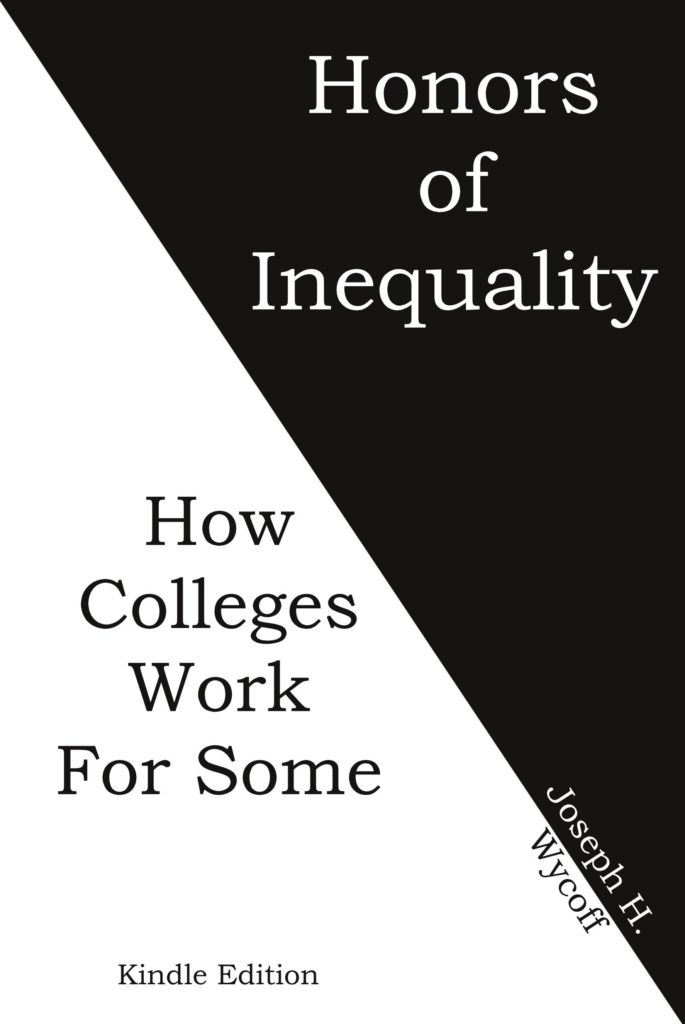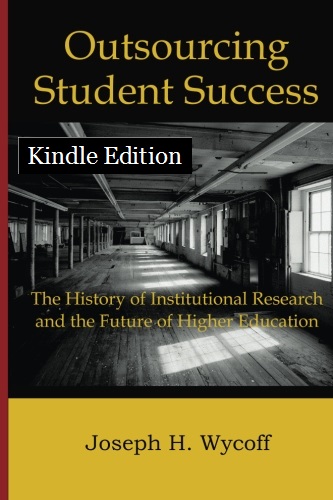| International |
Academic Performance in the Context of LOCF | After Curriculum Framework (2005) and Curriculum Framework for Teacher Education (2009), the University Grants Commission came out with Learning Outcomes Based Curriculum Framework (LOCF) in 2018…The paradigm of the LOCF is to make teaching-learning process purposeful. It encourages students what they are expected to gain upon the completion of the course. The teachers need to revisit encourage student centric approach of learning their teaching to respond to the personal and professional needs of the students. This in turn demands some serious academic reforms that can restore an intellectual adventure for both students and teachers. The reformations are not a choice but a necessity to ensure that the demand for students’ best fit in the market professionals. The suggestions and recommendations if taken together will certainly ensure a promising education system with quality outcome. Thus, in nutshell LOCF effects change in curriculum management in totality.
COVID-19 crisis is an opportunity to try out online HE | In what is the first time in history that an elite, traditional, campus-based university has moved classes totally online, the faculty members deliver their lectures or teaching through an online learning platform – the Rain Classroom – and video conference platforms and have tried out many different technologies to enable better interaction with students. So far the entire online teaching programme has gone smoothly, thanks to the enormous efforts of every stakeholder, ie, the university leadership, faculty members, staff and students.
Will the coronavirus crisis renew public trust in science? | As a global pandemic is declared, public health experts in universities have never been more visible. But do they think this episode will reshape perceptions of academia after the years of Trump and Brexit? [Note: Our two works on higher education, Outsourcing Student Success and Honors of Inequality, review the anti-scientific bent of numerous scholars of higher education (as a field of study) over the past 60 years. If coronavirus prompts a reflection on distrust in science, by all means, I say start with the scholars and academic discipline directly responsible for the study of higher education.]
| U.S. National |
Moody’s lowers higher ed outlook to negative amid coronavirus crisis | As institutions shift classes online and move to vacate dormitories, some are promising partial refunds for room, board and other auxiliary expenses, money that colleges have come to rely on more heavily in recent years. Moody’s notes that auxiliary areas of college operations — housing and dining, as well as parking systems and athletics — will face immediate revenue declines. This comes as institutions are devoting new funding to support virtual instruction.
Coronavirus hits colleges, universities hard | Scores of universities and colleges across the country are moving online or closing campuses amid the coronavirus outbreak, transforming U.S. higher education in a matter of days. At least 200 universities and colleges have canceled or postponed in-person classes, according to a list monitored by Georgetown University senior scholar Bryan Alexander.
‘It’s surreal’: U.S. schools and colleges close because of coronavirus, affecting millions of students | According to a spreadsheet maintained by Bryan Alexander, an education technology specialist at Georgetown University, more than 200 higher education institutions have already responded to the crisis. The map below — which is a sampling of all higher education institutions across the U.S., as of Thursday — demonstrates how campuses across the country have reacted.

More Help for Borrowers | Democratic lawmakers in the U.S. House and Senate, meanwhile, agreed some borrowers should get a reprieve on making student loan payments, particularly if their academic terms are disrupted by closings. House Democrats on Friday night formally introduced a bill identical to one Senator Patty Murray, the top Democrat on the Senate’s health and education committee, proposed earlier in the day, which would provide a temporary exemption for students from repaying Pell Grants or student loans if their terms are disrupted. Under current law, Pell Grant recipients would have to return a portion of their grants to the federal government if they withdraw from school, or in this case, if their institution closes.
| U.S. States and Territories |
Coronavirus may drive more high school seniors to in-state public colleges | This year, however, a global pandemic and fears of a recession along with soaring college costs and record student loan debt will push more students and families to choose local and less-expensive public schools rather than private universities far from home, according to Robert Franek, The Princeton Review’s editor-in-chief and author of “The Best 385 Colleges.” “When students and parents are nervous, they are going to make different decisions,” he said.
Laura Perna: Vice Provost for Faculty | Dr. Perna’s pioneering research focuses on identifying public policies and institutional practices that improve college access, affordability and success, especially for low-income, first-generation and non-traditional students. Her research has also made important contributions to the study of gender and racial differences in faculty outcomes, including salary, rank and tenure.
| Institutional |
What Is a College Education in the Time of Coronavirus? | Americans’ obsession with residential education as the sine qua non of academic excellence is a big part of what makes higher education roughly twice as costly per student here than it is in European countries. It also categorically excludes those whose life circumstances make them unable to leave their family homes and forgo paid work to attend college. An unwavering commitment to this form of delivery prevented elite schools from using digital media to lower costs for all of their students, or investing in the pedagogical expertise that might have rendered online learning options complementary in practice and commensurate in quality to face-to-face instruction.
Changing the Academic Paradigm | To tax any professor with the responsibility to align teaching to the varied and as yet likely undefined career goals of students is futile and unfair to both. As Lederman asserts, people within and without higher education worry that “Employers are increasingly doubting whether graduates are emerging from colleges and universities with the skills, knowledge and habits of mind the employers want to see.” Such employers may indeed seek these attributes, but assuming that — unlike a half century ago — they now want more than obedient wage slaves or docile middle managers, the skills required by today’s complex organizations can best be acquired through a coordinated, interdisciplinary, performance-assessed, student-centered learning environment.
Coronavirus Crisis Underscores the Traits of a Resilient College | Last week I wrote that the coronavirus crisis is a “black swan” moment for higher education, which would show us how crucial the skills of agility, flexibility, and resilience are for 21st-century colleges, not just their students. Since then, it’s become clearer that a skill I forgot to mention — dealing with ambiguity — also belongs on that list.


